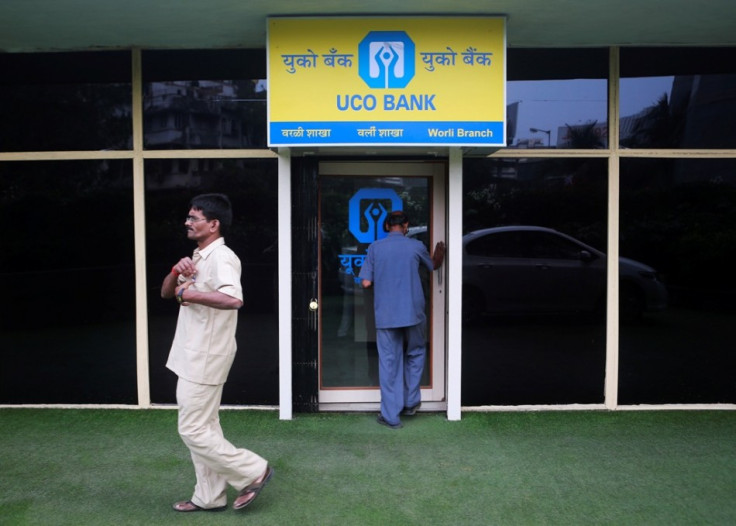Obscure Indian Bank Prepares for Life After Iran Sanctions Windfall

UCO Bank, a little known Indian bank, benefited hugely from western sanctions against Iran after it was tasked to hold rupees for oil payments to Tehran, a cash pile that has grown to more than $3bn (£1.8bn, €$2.2bn).
However, the recent Geneva Nuclear deal between Iran and western powers, threatens to disrupt the Iran oil payment arrangement, forcing UCO to chalk out a growth strategy that is less reliant on Iran.
At around $3bn, Iranian oil receipts make up roughly 12% of UCO's total deposits, reported Reuters. The arrangement improved the banks interest margins, revenue and profits.
The Kolkata-based lender could get a further boost when oil shipments from Iran increase, following the easing of sanctions.
Nonetheless, UCO Chairman Arun Kaul wants to diversify.
Higher loan disbursals to individuals and to small and midsize businesses could help Kaul do that. The move could also reduce the bank's non-performing loans, which at 5.3% as of September are among the worst in the industry.
However, analysts such as Vaibhav Agarwal of Angel Broking, said the concentration of business from the Iranian account poses a risk for the state lender.
"The Iran business was a shot in the arm for us," Kaul told Reuters. "Still, scope for improvement is very large. We had become a marginal player in the banking industry, we are coming back now."
"There is a huge, huge focus on branch expansion and new customer acquisitions. What UCO used to do in 10 years, we are doing in one year now," Kaul added
"The Iran business was a ray of hope for the bank," said an unnamed banking analyst with a ratings agency.
"If that arrangement does not continue then UCO will have to actively look at other ways to grow," the analyst added.
UCO Bank's stock has lost some 6.6% in Mumbai so far this year to 73.55 rupees (£0.72).
The Iran Arrangement
UCO Bank was among India's poorer performers until 2012, when it was mandated to handle billions of dollars from frozen oil payments.
Indian buyers pay for Iranian crude oil in part by putting down rupees at UCO Bank.
The rupees are used to pay Indian exporters to Iran against letters of credit opened by Iranian private banks.
UCO takes advantage of the time lag between imports and exports, and the fact that the oil dues surpass the value of Indian goods exported to Iran.
The funds are particularly valuable because Indian banks do not pay interest on current account deposits but can lend them to their customers.
© Copyright IBTimes 2025. All rights reserved.






















